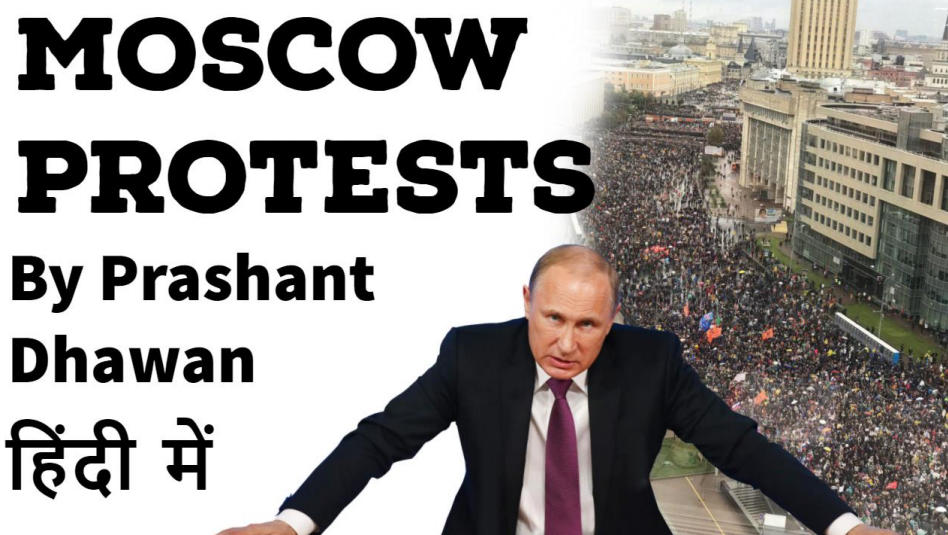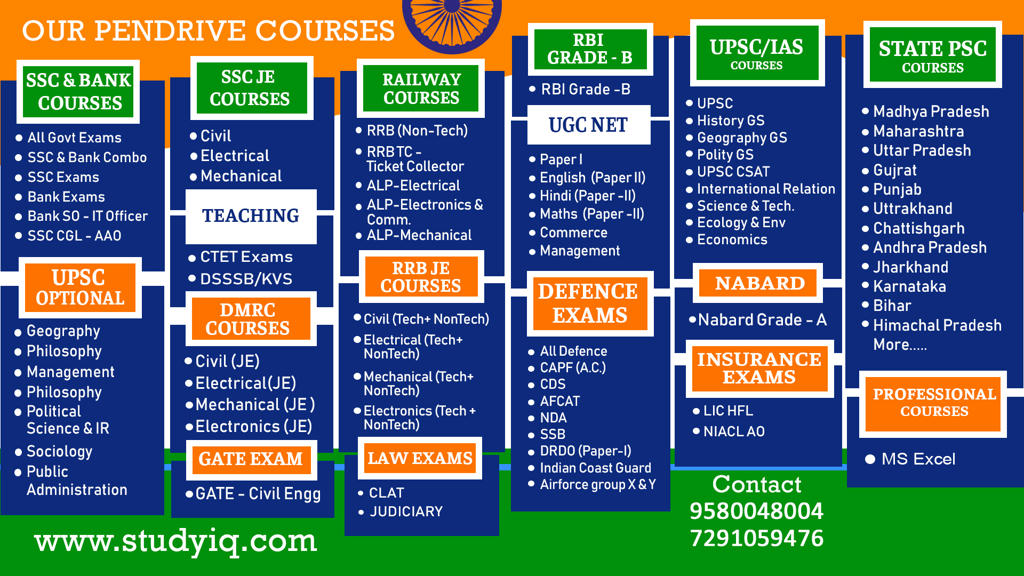Table of Contents

RUSSIAN PROTEST CRACKDOWN

THE MOSCOW PROTESTS

WHAT’S THE REASON?
- The protests, which demand that Moscow authorities allow independent candidates to appear on the ballot in the city’s upcoming elections, have been the largest wave of demonstrations in Russia since 2011-2012.
- Independent polling said that Moscow residents are more likely to support the protests than oppose them.
- The demonstrations began in July after election officials barred opposition candidates from running for the Moscow city council, disqualifying their ballots because of what officials claimed were irregularities in the 5,000 signatures each had to gather to run.
- That decision — to block the opposition from participating — turned a sleepy municipal election into a political controversy that intensified amid police crackdowns against demonstrators and opposition figures.
ARE THE PROTESTS ONLY ABOUT CITY ELECTIONS?
- Moscow’s municipal elections are very much the focus of these protests, but it’s hard to divorce it completely from larger political and economic issues within Russia, specifically President Vladimir Putin’s authoritarian regime.
DETAILS
- All 45 seats in the Moscow city council are up for reelection on September 8. The legislative body is controlled by the pro-Kremlin ruling United Russia party. But the party is pretty unpopular right now, so the Moscow United Russia candidates came up with an ingenious plan to run as independents in the city council instead.
UNITED RUSSIA

- United Russia is the largest party in Russia and as of 2018 it holds 335 (or 74.44%) of the 450 seats in the State Duma. United Russia members constitute the majority of State Duma since 2007.
LIST OF PRESIDENTS

ANOTHER REASON FOR PROTEST

CURRENCY DEFLATION

RUSSIAN ECONOMY
- Preliminary Rosstat figures show Russian gross domestic product (GDP) growth in the first three months of the year was just 0.5 percent year-on-year, a figure well below even the most cautious forecasts.
- The positive effects of this spending are supposed to increase GDP growth to over 3 percent by 2021, but economists remain sceptical as to whether that goal is achievable


WHERE DOES RUSSIAN REVENUE COME FROM?
- The World Bank estimates the total value of Russia’s natural resources at $75 trillion US dollars
- Russia relies on energy revenues to drive most of its growth. Russia has an abundance of oil, natural gas and precious metals, which make up a major share of Russia’s exports.
Latest Burning Issues | Free PDF






















 WhatsApp
WhatsApp